Data governance in the age of generative AI
AWS Big Data
FEBRUARY 29, 2024
Data is your generative AI differentiator, and a successful generative AI implementation depends on a robust data strategy incorporating a comprehensive data governance approach. Data governance is a critical building block across all these approaches, and we see two emerging areas of focus.

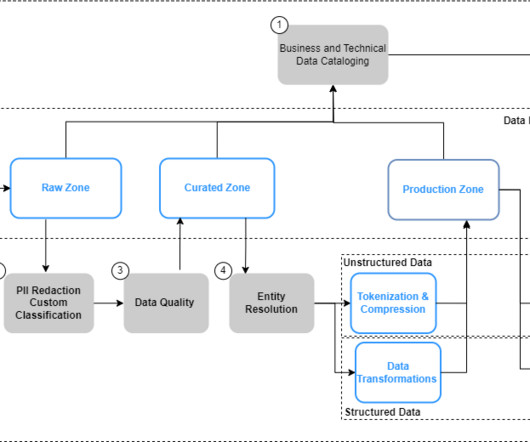



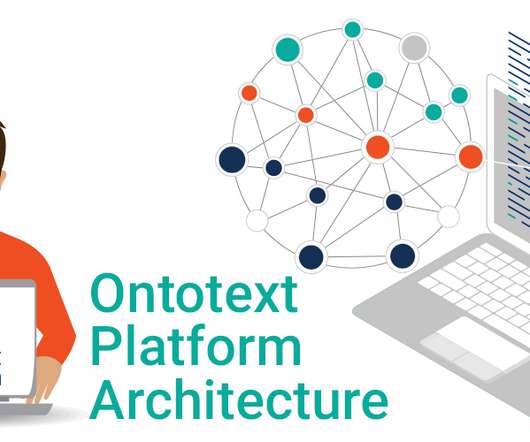

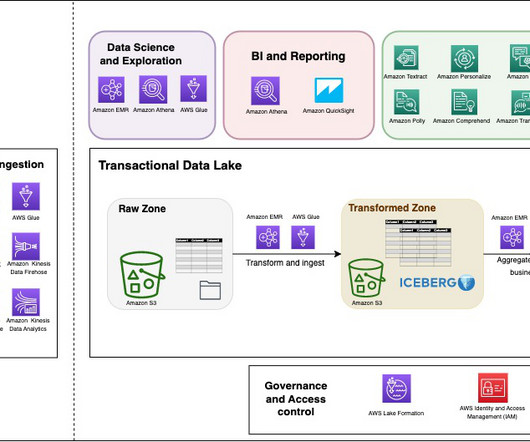
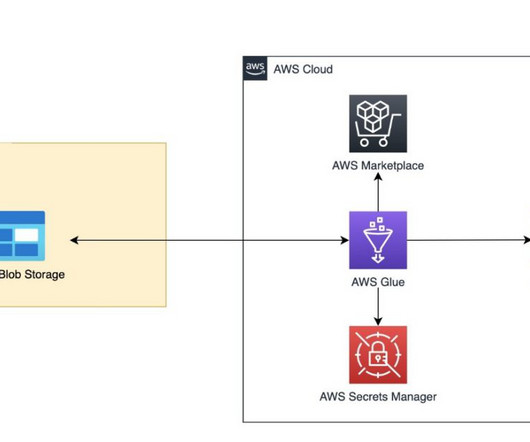
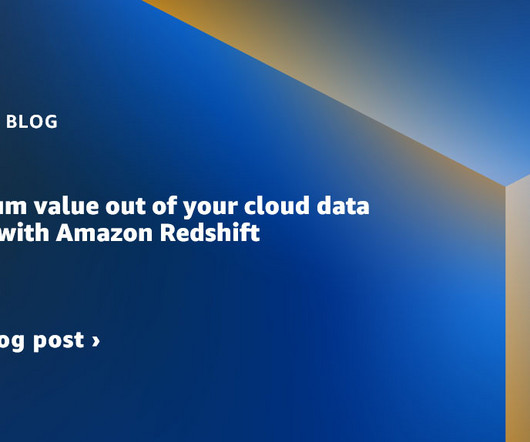
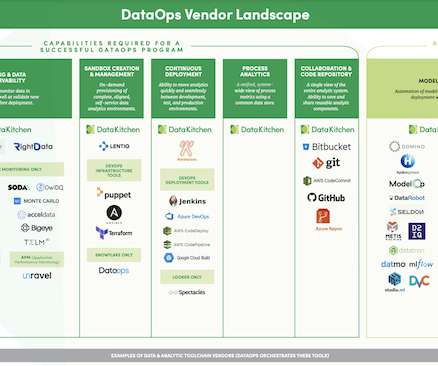



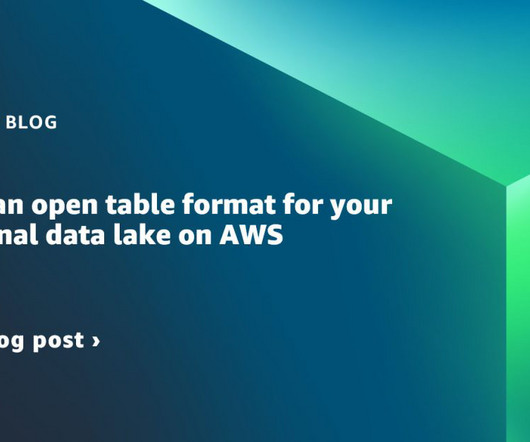
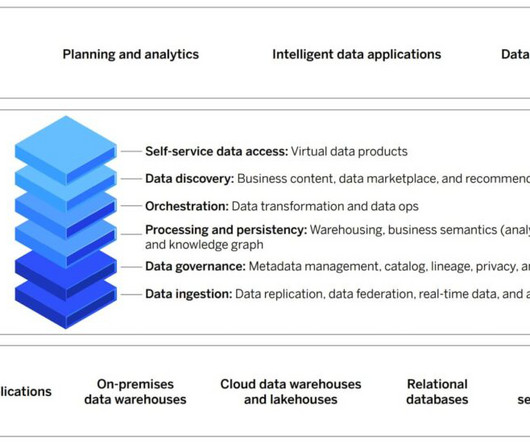









Let's personalize your content